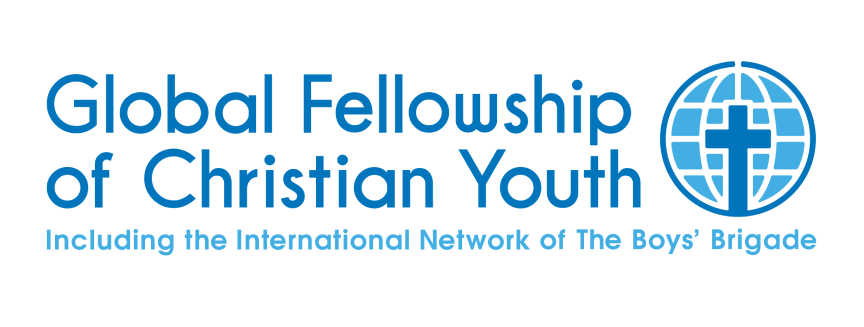About FDF
FDFs is a Danish national association of local groups with fellowships and partners across the globe.
What is FDF?
We give children and youth a solid foundation
In FDF, children and young people are inspired to think creatively and use their imagination. When cooperating and having fellowships with others, they encounter safe spaces to challenge themselves and look at the world around us with curiosity. The activities in FDF are diverse and can vary from one local group to another, but play, outdoor life, and music will often be at the center. In FDF, children and young people develop strong social skills, they have great experiences, and they feel that we are created for equal community and fellowship. In FDF, children and young people gain a foundation from which they engage with the world around.
350 local groups – one national organization
The local groups are the core of FDF. It is here that children, young people, and adults meet for weekly gatherings, family activities, trips, camps, and much more.
All FDFs groups are gathered in one national organization. This means, among other things, that children and young people in FDF can meet other FDF members at regional and national events.
A royal patron
From 1972 until the change of the throne in January 2024, H.M. Queen Margrethe was the patron of FDF. She took over the patronage from her father, King Frederick IX, after his death. The Queen has, among other things, attended the opening or service of several national camps.
International partnerships
FDF has been an international fellowship since its inception. Over the years, the international relations forged through camps, meetings, and activities have fostered friendships across the globe. Today, FDFs international efforts are integral to our work in Denmark, with a global reach. We collaborate with European partners through the European Fellowship and FIMCAP Europe, and participate in activities on other continents through the Global Fellowship and FIMCAP.
Watch FDF presentation here
Our history
When the young architect Holger Tornøe was invited to become a Sunday school teacher in Frederiksberg, he quickly realized that there was something missing for the older boys. While there was the Christian Association for Young Men – KFUM, there was no offering specifically for boys.
FDF (Frivilligt Drenge Forbund) was established in 1902 in Frederiksberg as an extension of the parish Sunday school, with FPF (Frivilligt Pige Forbund) following suit in 1952. The amalgamation of these two associations occurred in 1974, forming FDF/FPF, which later rebranded as FDF in 1994.
From its inception, FDFs activities have been integral to its development. These activities included a diverse range of sports such as rowing and swimming lessons, as well as drill and marching tours. Additionally, music instruction, recreational games like “cops and robbers,” and summer camps were integral parts of the organization’s offerings. Educational initiatives, such as slide presentations, further enriched the experiences of its members. Moreover, the influence of religious practices, exemplified through regular church services, underscored the values instilled by the founder.
In retrospect, one might aptly conclude that the journey of FDF has been one of evolution and growth. As the idiom goes, “The rest is history,” encapsulating the enduring legacy and impact of this esteemed organization.
Inspiration from the Boy’s Brigade
Holger Tornøe was inspired by the British Boy’s Brigade, a church youth organization in Great Britain. Like the Boy’s Brigade, FDF was uniformed, but Holger Tornøe did not like the military style and chose an interpretation of the well-off boys’ ordinary Sunday clothes; the sailor suit – which became known as the white blouse or sports suit. At that time, FDF was categorized as a sports club.
FDF and the Scouts
In 1908, Robert Baden-Powell laid the foundation for the worldwide scouting movement. Prior to this, he had been deployed to India and Africa in military service. He saw a need to improve the training of British soldiers and, based on his experiences, wrote a military training manual called “Aids to Scouting”. It became popular among boys, so at the urging of others, he rewrote it as “Scouting for Boys”. In this book, boys could learn tracking, fieldcraft skills, wilderness self-reliance, and thereby develop general independence. Baden-Powell envisioned that the book could serve as inspiration for existing youth movements like the Boy’s Brigade, but boys organized themselves spontaneously into patrols, laying the foundation for the scouting movement with its educational method.


